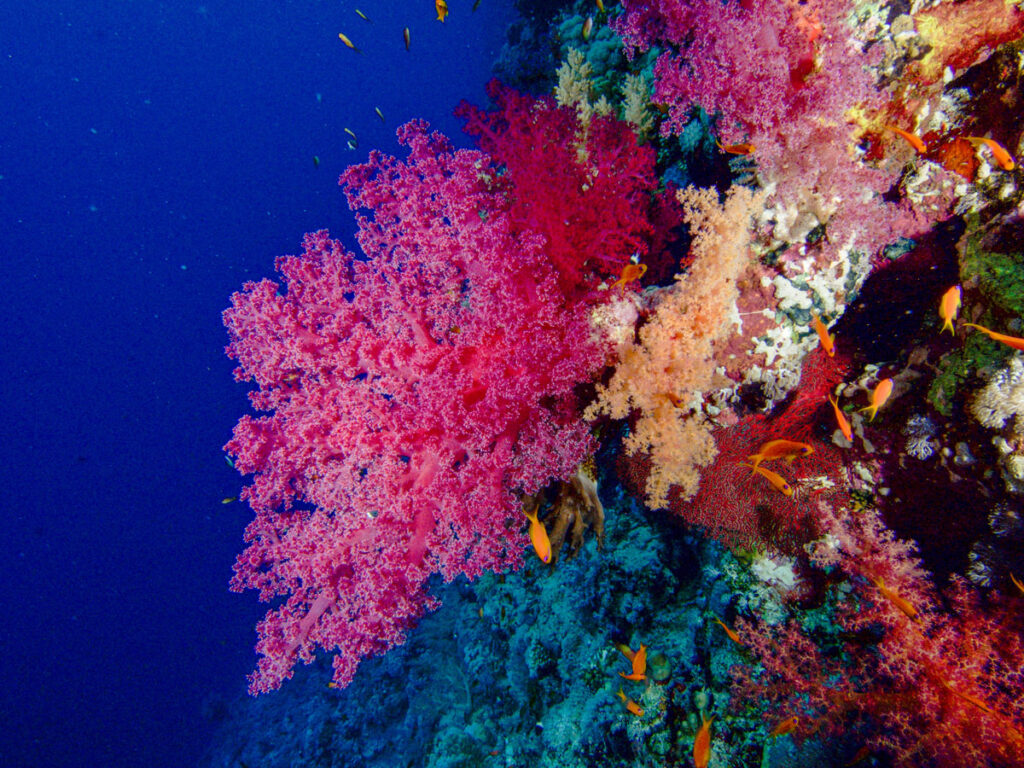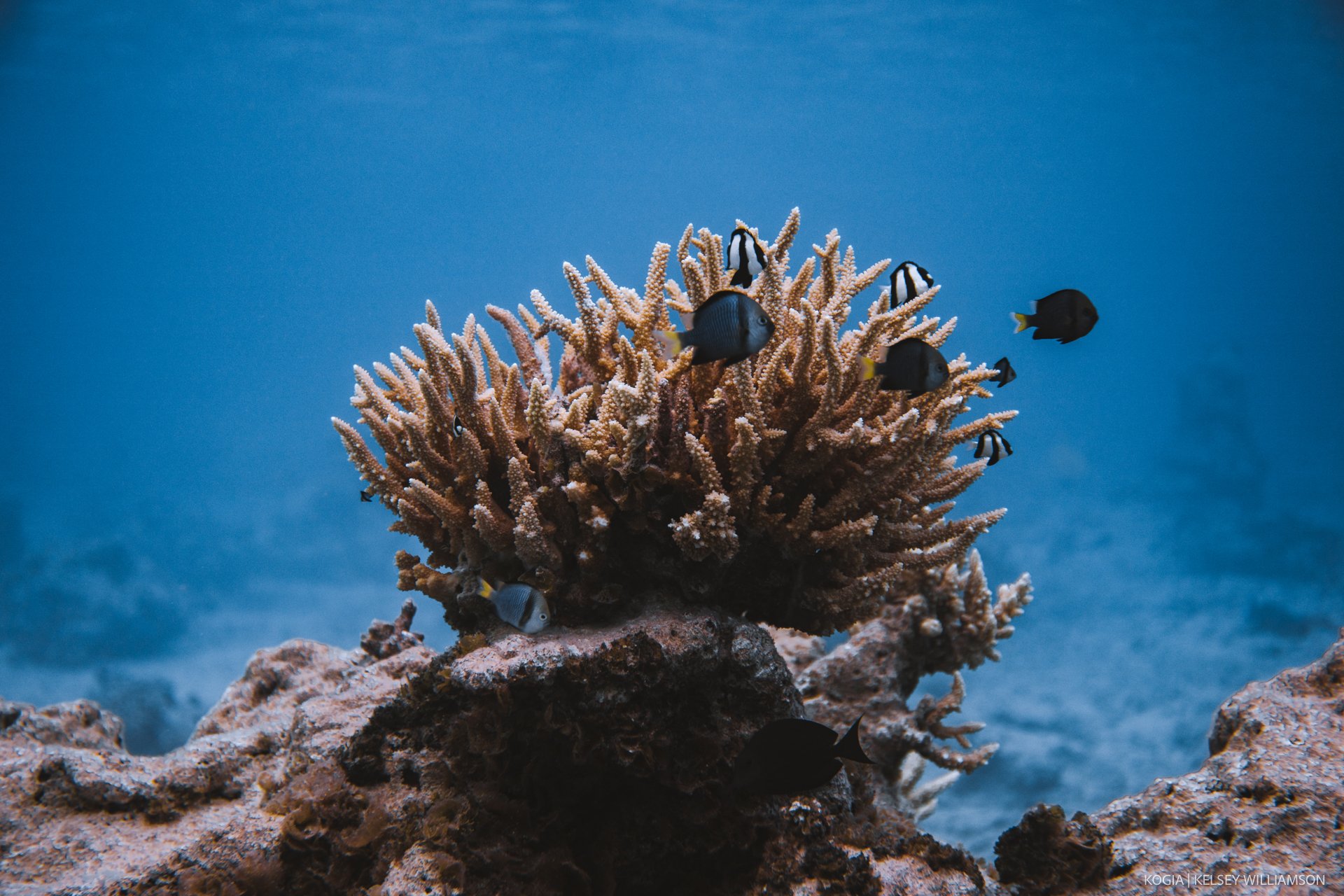The future of coral reefs doesn’t have to be a death sentence.
A groundbreaking study from the Coral Reef Alliance proves what we’ve long believed: when conservation strategies embrace evolution, coral reefs have a fighting chance in a warming world.
Published in a peer-reviewed journal, the study—Management for network diversity speeds evolutionary adaptation to climate change—shows that when we manage reefs in ways that support adaptation, we’re not just protecting what exists today. We’re setting the stage for what can survive tomorrow.
This work is part of our Modeling Adaptation Potential (MAP) project, a collaborative effort to understand how coral reefs can keep pace with climate change. And the results are hopeful: when evolution is on the table, so is survival.
It is well documented that climate change is causing corals to die off at an unprecedented rate, but our study provides tools that offer promise for their survival. Our results show that when evolution is enabled, conservation efforts can help corals adapt to rising temperatures.
Dr. Madhavi Colton, co-author and former Program Director at CORAL

What We Found
Many projections about coral reefs paint a dire picture—one where most reefs could disappear by 2040 due to climate change and rising temperatures. But these projections often leave out one crucial piece of the puzzle: adaptation. Our results suggest management and evolution together can help corals adapt to rising temperatures.
Our models show reefs can, in fact, adapt to rising ocean temperatures—if we manage them wisely. By reducing local threats like overfishing and pollution, we give corals the breathing room they need to evolve. And when those healthier reefs are connected in a network, they can reseed neighboring areas, spreading resilient genes across the region. Managed areas serve as sources of repopulation over the long term–corals in managed areas rescue the rest of the reef.
This approach is called diversity-based conservation, and it works. Our models showed that these strategies, alongside a global effort to reduce carbon emissions, give reefs the best shot at long-term survival.
We know enough of the science to act—and with the effects of climate change only increasing, we have no time to waste.
Dr. Colton
Why it Matters
Coral reefs don’t need us to fight nature—they need us to work with it. And that means managing reefs not just for the challenges of today, but for the transformations of tomorrow.
Adaptation-based management means building networks of reef sites where:
- Local stressors are reduced
- A wide range of coral traits and habitats are protected
- Connectivity allows healthy reefs to support struggling ones
This isn’t just smart planning—it’s future-proofing. And it’s something conservation planners can implement right now.
What’s Next
We’re expanding this work into real-world regions across the Pacific, the Coral Triangle, and the Caribbean—places where the stakes couldn’t be higher. Our team is building next-generation models that factor in local connectivity patterns, so we can design regional strategies that actually work on the water.

This research was made possible thanks to the support of the Gordon and Betty Moore Foundation.
The Bottom Line
Coral reefs can’t outrun climate change on their own. But with smart, science-based management that enables adaptation, combined with the political will to address emissions, they don’t have to.

